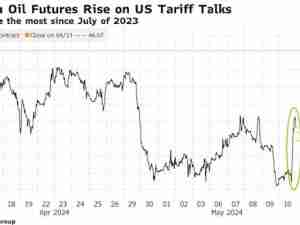From Brussels With Love: Authors Reckon MI6 Is Working on Brexit
By: Robert Hutton | Nov 09 2017 at 03:00 AM | International Trade
Britain is probably spying on other European Union countries as it negotiates its departure from the bloc, according to two academics who have written a history of the U.K. government’s use of intelligence agencies.
It wouldn’t be anything new, according to Richard Aldrich, professor of international security at Warwick University, and Rory Cormac, associate professor of international relations at Nottingham University. British spies provided former Prime Minister John Major with information as he negotiated the Maastricht Treaty in the early 1990s, according to their book “The Black Door.’’
Information leaked by former U.S. government contractor Edward Snowden also showed the U.K. had spied on allies ahead of international summits.
“We did it for Maastricht, the Snowden documents show we did it to the G-20 and the G-8,’’ said Cormac in an interview. “Logic and historical precedent would suggest we’re doing it again. The job of the intelligence agencies is to protect Britain’s interests. It would be within their remit.”
Aldrich said intelligence agencies are relaxed about targeting allies. “Spies aren’t embarrassed about this,’’ he said. “If you’re a spy it’s your job to spy on people. It causes a wry smile in the intelligence agencies around the world.’’
The Maastricht spying involved both individual agents and interception of communications, according to the book.
“The targets were primarily individual countries, trying to find their red lines,’’ Aldrich said. “Anything that’s circulating at EU level is going so widely it ceases to be a secret.’’
Prime Minister Theresa May’s office declined to comment. Brexit talks resume in Brussels on Thursday.








